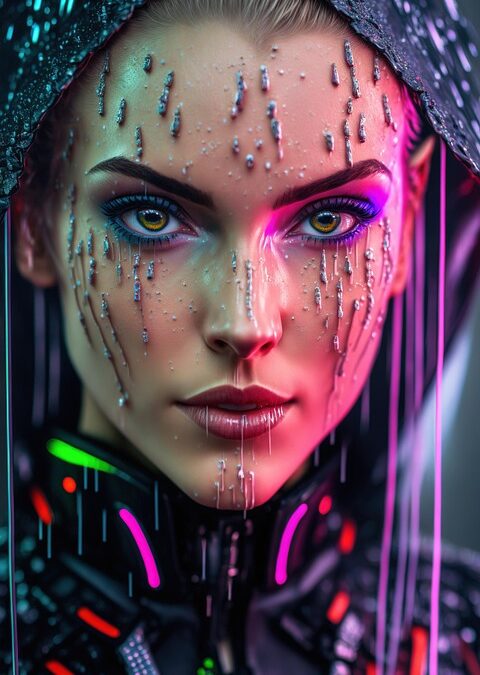Making Sense of Reality: Navigating the Complexities of What Is Real
In a world filled with fake news, social media manipulation, and Virtual reality, it can be difficult to discern what is real and what is not. Navigating the complexities of reality is becoming an increasingly challenging task, requiring critical thinking skills and a willingness to question the status quo. In this article, we will explore the concept of reality, its various interpretations, and how we can make sense of it in an increasingly digital age.
What is Reality?
Reality is a multifaceted concept that encompasses both the physical world we inhabit and the subjective experiences we have. It is the sum total of everything that exists, whether it be tangible or intangible. Reality is not static; it is ever-changing and evolving, shaped by our perceptions, beliefs, and experiences.
There are different philosophical interpretations of reality, ranging from materialism (the belief that only physical matter is real) to idealism (the belief that reality is a mental construct). Each perspective offers a unique lens through which to view the world, highlighting the inherent complexities of our existence.
Navigating the Complexities of Reality
Given the nuanced nature of reality, how can we navigate its complexities and make sense of what is real? One approach is to cultivate a critical mindset, questioning the information we encounter and seeking out multiple perspectives. In an age of information overload, it is crucial to be discerning about the sources we trust and the narratives we accept.
Another strategy is to engage in self-reflection and introspection, exploring our own biases and assumptions to better understand how they shape our perception of reality. By being mindful of our own cognitive processes, we can begin to unravel the layers of complexity that Cloud our understanding of the world.
Challenges in Defining Reality
One of the major challenges in defining reality is the subjective nature of experience. Each individual perceives the world in a unique way, colored by their own beliefs, values, and cultural background. This subjectivity can lead to conflicting interpretations of reality, creating a sense of uncertainty and ambiguity.
Furthermore, advancements in technology have blurred the line between what is real and what is artificial. Virtual reality, augmented reality, and deepfake technology have made it increasingly difficult to distinguish between authentic experiences and manufactured ones. This raises important ethical questions about the manipulation of reality and the implications for our perception of truth.
Making Sense of Reality in the Digital Age
As we navigate the complexities of reality in the digital age, it is essential to develop a critical and discerning mindset. By questioning the information we encounter, examining our own biases, and engaging in thoughtful reflection, we can begin to unravel the layers of complexity that shape our understanding of what is real.
Ultimately, making sense of reality requires a willingness to challenge our assumptions, explore multiple perspectives, and embrace uncertainty. By embracing the complexities of reality and approaching it with an open mind, we can begin to navigate the ever-changing landscape of what is real.
FAQs
What is the difference between reality and perception?
Reality refers to the sum total of everything that exists, while perception is the subjective interpretation of reality based on our senses, beliefs, and experiences. Perception can sometimes distort our understanding of reality, leading to cognitive biases and misconceptions.
How can I distinguish between what is real and what is fake?
One way to distinguish between what is real and what is fake is to critically evaluate the sources of information you encounter. Look for credible sources, cross-reference information, and consider multiple perspectives before forming a judgement. It is also important to be skeptical of information that aligns too closely with your existing beliefs, as this can lead to confirmation bias.
How does technology influence our perception of reality?
Technology has a profound impact on our perception of reality, blurring the line between what is real and what is artificial. Virtual reality, augmented reality, and deepfake technology can create immersive experiences that challenge our understanding of authenticity. It is important to be aware of the implications of these technologies and their potential to manipulate our perception of truth.

